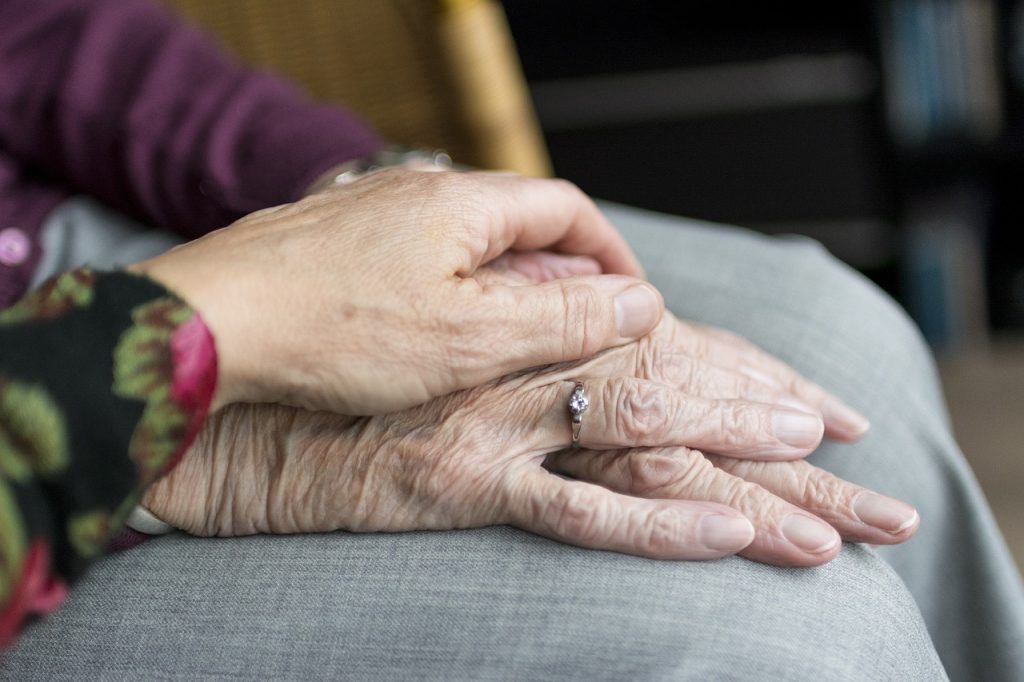End of Life
End of Life
The end of a loved one’s life is a very difficult and emotionally trying period for any family, and we at the Sephardi Hebrew Congregation, provide as much support as possible at these times, in accordance with our traditions, and community spirit
If the situation allows for it, Rabbi and our Bukur Cholim team will visit the member and their family. Rabbi will provide guidance around the opportunity to say “Vidui” – “confessions” prayers before passing. If counselling is needed, we will speak to Nechama, our Jewish Community Organization, to assist with specialist counsellors.
If the situation does not allow time, we will be there to assist at the time of crisis.
What to do
In most cases the first call can be to the Rabbi or the Office, who will then call the Chevra Kadisha who are well trained to take special care of our loved ones.
If the situation allows, preparations can be made in advance, but if not, call us and we will take care of all arrangements and offer guidance.
Funeral Arrangements
Rabbi will discuss with the family the arrangements for the funeral, the process it follows, and the options available, for example asking friends and family to act as pallbearers, the decision about eulogies, and similar emotional decisions.
After the funeral, Rabbi and members of the Bikur CHolim team will accompany the family to their home, where they will cut “kria” and serve the mourners meal (note our tradition is to cut kria after the funeral). Rabbi will encourage as many prayers as possible to be done in the home, during the Shiva, and will bring the prayer books required, and advise the community.
The Bikur Cholim team will keep in close contact with the family and if required, will set up a takethemameal.com schedule, ensuring that there is always food ready to eat for the bereaved family.
We have the tradition in our congregation of visiting the cemetery at the end of the week of Shiva – courtar il siete – ending the shiva. The Rabbi will visit the family at their home and “lift them out of their shiva” and then accompany them to the graveside where they will say Kaddish.
In our tradition, a Meldado (shloshim) service is held, either in the home (per Rhodesli custom), or in the Kehila. Rabbi will discuss this with the family
In time, within the first year, a consecration is arranged and the tombstone unveiled. Rabbi will assist with the wording for the tombstone, and the office will assist with the stonemasons, Rabbi will perform the consecration ceremony, and often friends and family are invited to the home of the family afterwards for eats.
Kindly inform us if a loved one is approaching the end of their life.

Contacts
Our Office:
- [email protected]
- +27 (0) 72 780 6492
- +27 (0) 72 244 8442 (Rabbi)
The Cape Town Chevra Kadisha:
- [email protected]
- +27 (0) 21 461 6310
- www.jewishcemetery.net
